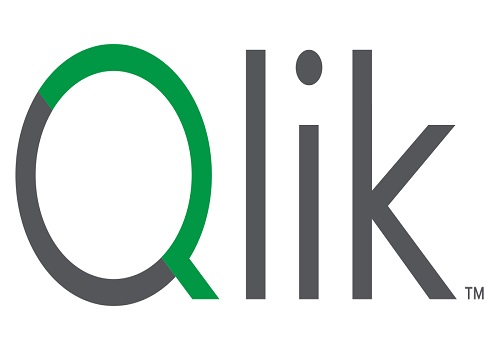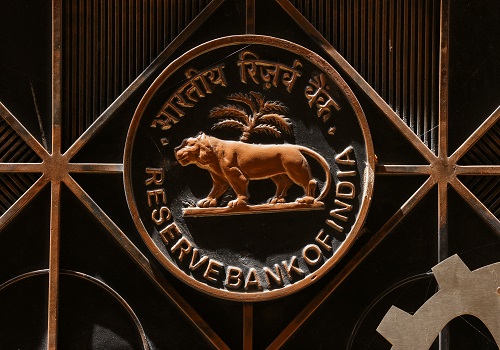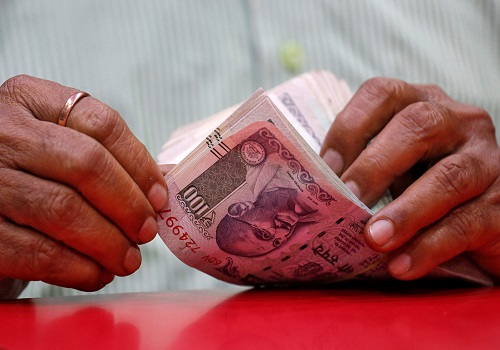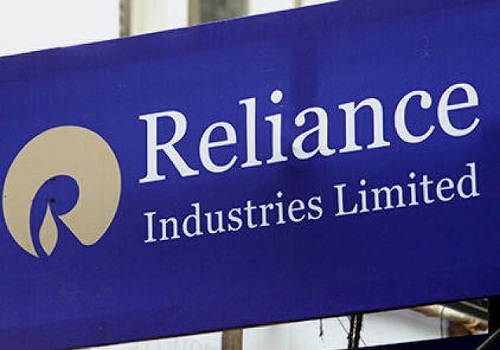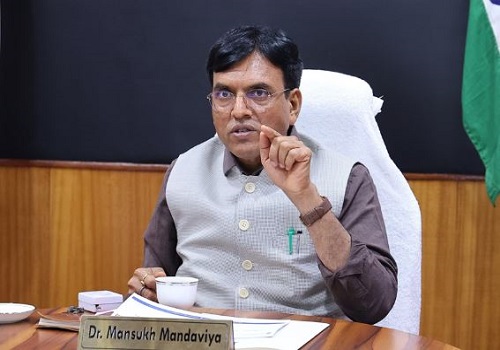GoM may consider privatisation of IOB, Central Bank this year
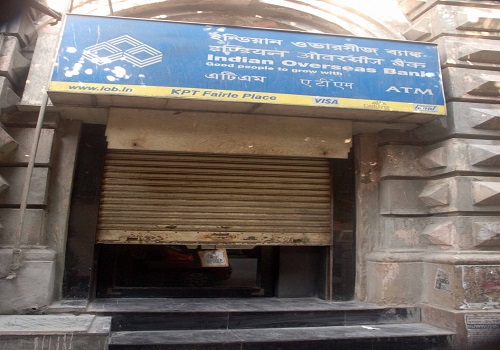
Follow us Now on Telegram ! Get daily 10 - 12 important updates on Business, Finance and Investment. Join our Telegram Channel
Inching closer to privatisation of two public sector banks, a high-level panel of secretaries headed by Cabinet secretary is believed to have zeroed in on Central Bank and Indian Overseas Bank as possible candidates for sell off this year.
Sources said that the high level panel of secretaries met in the middle of last week to thrash out the regulatory and administrative issues concerning the PSU bank privatisation and have identified banks that would be put up disinvestment. The panel will now send the names of the shortlisted PSU banks to the group of ministers on disinvestment or Alternative Mechanism (AM) for approval.
Earlier, NITI Aayog has submitted the names of a few public sector banks (PSB) and one public sector general insurer which can be sold off under the government's new privatisation policy to the Core Group of Secretaries on Disinvestment.
People in the know also said that Indian Overseas Bank (IOB) and Central Bank are the top two candidates that have been favoured for privatisation, though Bank of Maharashtra has also found favour for the exercise either this year or possibly later.
Further, according to sources, United India Insurance may be suggested to the ministers panel for privatisation among the three general insurers, given its relative better solvency ratio. However, financial sector experts also contend that Oriental Insurance, with the least solvency ratio among the three, may be favoured as it does not have overseas operations and inviting a private investor may be easier for it.
Government had earlier indicated that banks under prompt corrective action (PCA) framework or weaker banks would be kept out of privatisation as it would be difficult to find buyers for them. This would have left three PSBs - Indian Overseas Bank, Central Bank and UCO Bank out of the government's disinvestment plan. But they could be bought out of PCA as there are visible signs of improvement in some of the key parameters such as profitability and asset quality (in net NPA terms as they have stepped up provisioning) in the last 3-4 quarters. This could allow them to be considered for privatisation.
In this year's budget, Finance Minister Nirmala Sitharaman announced that two state-run banks along with IDBI Bank would be privatised in FY22. She also said that one general insurance company would be sold off in the current fiscal.
Going ahead with the privatisation process of IDBI Bank on May 5, the Cabinet Committee on Economic Affairs (CCEA) gave its in-principle approval for strategic disinvestment along with transfer of management control in the PSB.
The extent of respective shareholding to be divested by the GoI and LIC, shall be decided at the time of structuring of transaction in consultation with the RBI.
The Finance Minister while delivering the budget speech on February 1 announced a capital infusion of Rs 20,000 crore in state-owned banks for the financial year 2021-2022.
Prior to the privatisation process, the government also undertook merger of the state-run banks, amalgamating weaker banks with the stronger and larger ones. A total of 10 public sector banks were merged with effect from April 1, 2020.
With the merger coming into effect, India currently has 12 public sector banks, down from 27 in 2017.
The government has budgeted Rs 1.75 lakh crore from stake sale in public sector companies and financial institutions. The target, however, may turn out to be ambitious given the global and domestic economic scenario amid the second wave of Covid-19.







